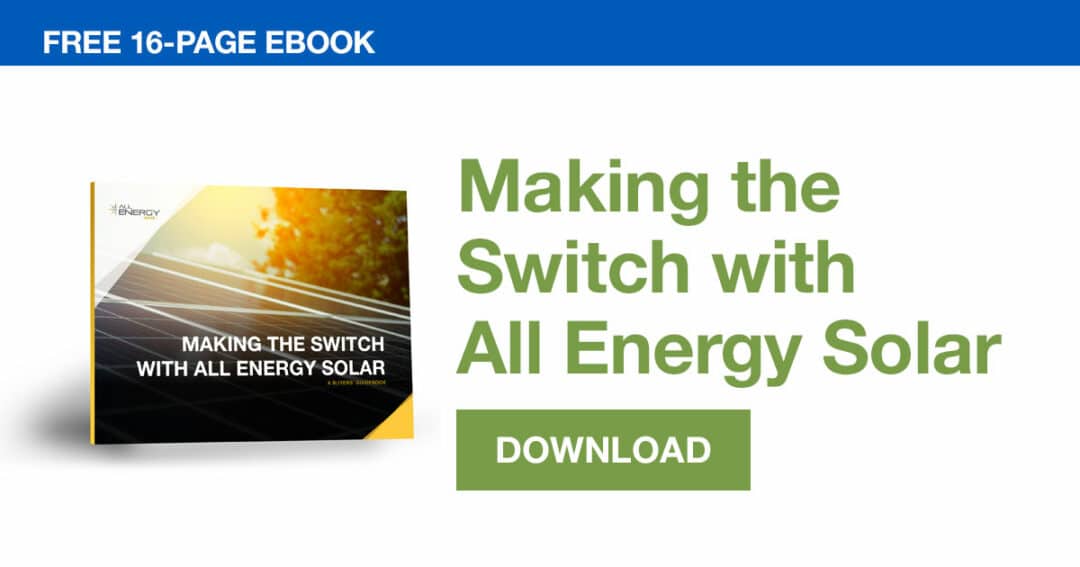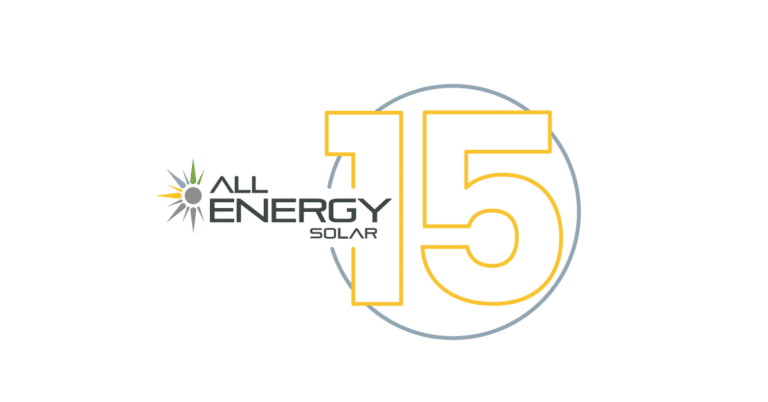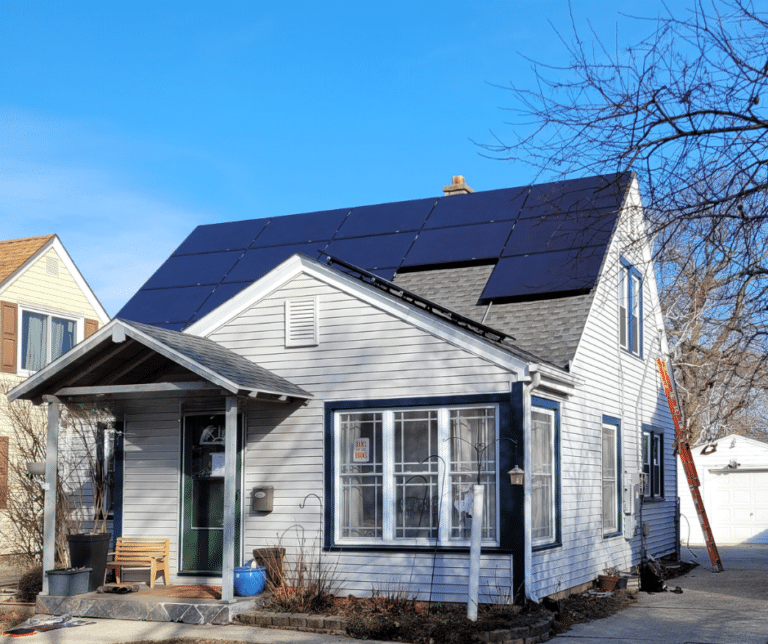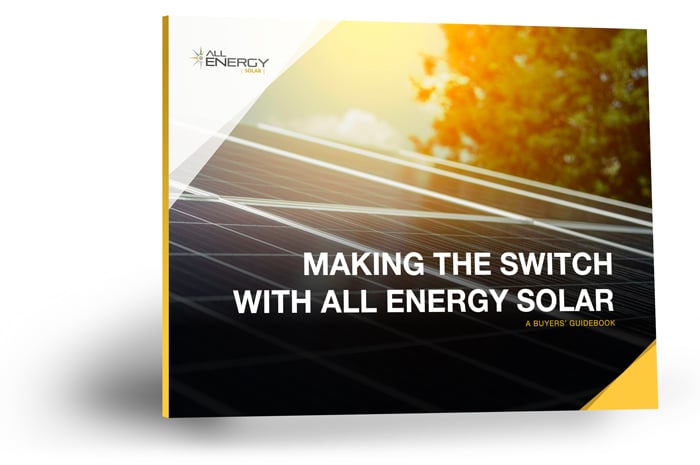Typically when you hear about the lifespan of solar panels, they are within the range of 25-30 years. In fact, that is the number you find in most of our warranty agreements, which are created specific to each install based on the equipment being used.

Still nifty at fifty?
But as the solar industry continues to grow and mature, we are beginning to see evidence that this number may be just the beginning. Just as some car manufacturers began to increase their warranties from 4 to 5 years all the way up to 8 or 10 years at the turn of the millennium, we may be at a phase where we can start to see similar improvements in the longevity of solar panels—and we may already be there.
For the past 20 years, a general rule of thumb has been that solar panels degrade at a rate of 1% each year. Most manufacturer warranties guarantee 90% production in the first ten years and 80% by year 25 or 30. We’ve known for a while that these numbers are incredibly conservative and we’re now beginning to see direct evidence that the degradation numbers may actually be 5 or even 10 times smaller.
We already know that the components that most solar panels are made of—primarily aluminum and glass—can be durable enough to last well past 50 years. In 2018, the U.S. Department of Energy began looking into the viability of glass-glass solar panels and began funding research on their longevity. Dr. Roger French, who is leading the program, recently told pv magazine USA they are seeing degradation levels below 0.2% per year on glass-glass solar panels. This brings the real possibility that we already have access to 50-year solar panels today.
In fact, Meyer Burger, a Switzerland-based solar panel manufacturer planning to construct one of the largest solar cell factories in the USA next year, asserts that, during its durability testing, their glass-glass bifacial solar panel exhibits virtually no degradation. With any lifespan this long, it begins to get difficult to truly account for the type of conditions that a panel may be exposed to over its lifespan. For instance, extreme differences between hot and cold can put the panels under stress, causing cracks. Or consider what saltwater could do to an ocean-side solar installation over time. Nevertheless, a warranty duration had to be specified. The company’s power production warranty asserts that they will replace a solar panel if its generation falls below 93.2% of its original capacity within 30 years.
Increasing returns on investments
The return of investment numbers for solar panels are already very appealing for most home and business owners if you consider a lifespan of 30 years. But as more and more data begins to back the idea of a true 50-year panel, the return of investment on solar panels will only look better.
So, just as there are many people driving vehicles that are humming along fairly flawlessly at 200,000 or even 300,000 miles, well outlasting their initial 40,000- or even 100,000-mile warranty period, we expect to see similar outcomes with solar panels as our latest generations and future generations of solar panels begin to age past their initial 30 year expectations.



